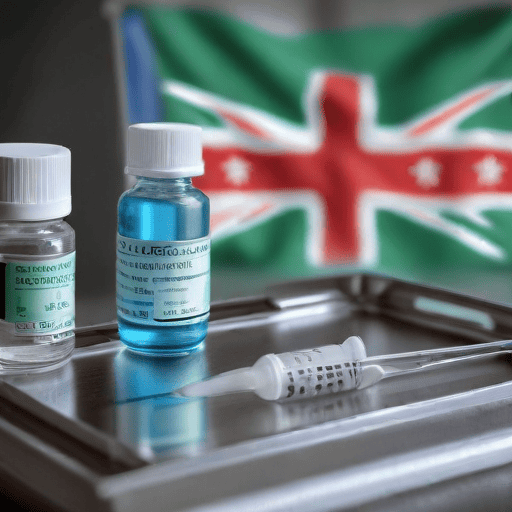Samoa’s Ministry of Health has officially announced an outbreak of whooping cough, confirming six cases of the illness as of Thursday. According to the Samoa Health Ordinance of 1959 and the Samoa National Communicable Disease Surveillance and Control Guidelines from 2020, the presence of one or more confirmed cases can lead to the declaration of an outbreak due to the disease’s highly infectious nature and its potential impact on public health.
This declaration follows a notable rise in reported cases at the main hospital in Moto’otua. The confirmed cases involve individuals aged between 3 weeks and 40 years, with the majority being infants under one year old. The Ministry is currently awaiting test results for additional suspected cases that have been sent overseas.
Notably, the first confirmed case of whooping cough was a recovered seven-week-old baby. This illness is marked by severe coughing spells, which can result in breathing difficulties, vomiting, and extreme fatigue. The most vulnerable groups are infants under six months, pregnant women, and those with pre-existing health conditions.
To address the outbreak, the Ministry is stepping up measures such as heightened surveillance and monitoring of reported cases. Residents have been encouraged to practice good hygiene and to self-isolate if they are feeling unwell. Faualo Harry Jeffrey Schuster, the Acting Minister for Police and Prisons, stated that the public health sector is taking precautions to monitor young children and infants closely.
In New Zealand, a similar situation has led to the declaration of a whooping cough epidemic, marking the fourth such occurrence since the disease became notifiable in 1996. The country reported 263 cases in the month preceding the epidemic declaration, the highest monthly figure in 2024, with prior spikes in cases recorded in May, June, and July.
Concern has been raised over a high rate of hospital admissions among Pacific populations in New Zealand, with 28 percent of reported cases resulting in hospitalization. Public health experts are urging communities to ensure they are vaccinated.
Health authorities in New Zealand have noted no known direct link between cases in Samoa and New Zealand, but they continue to emphasize the importance of vaccinations for travelers heading to and from Samoa, as the disease is also present in Australia and other regions.
As communities come together to combat this public health challenge, timely vaccination and awareness of hygiene practices can be powerful strategies in preventing the spread of whooping cough. It is a reminder of the importance of public health engagement and the collective responsibility in ensuring the well-being of vulnerable populations, particularly infants and individuals with health concerns.

Leave a comment